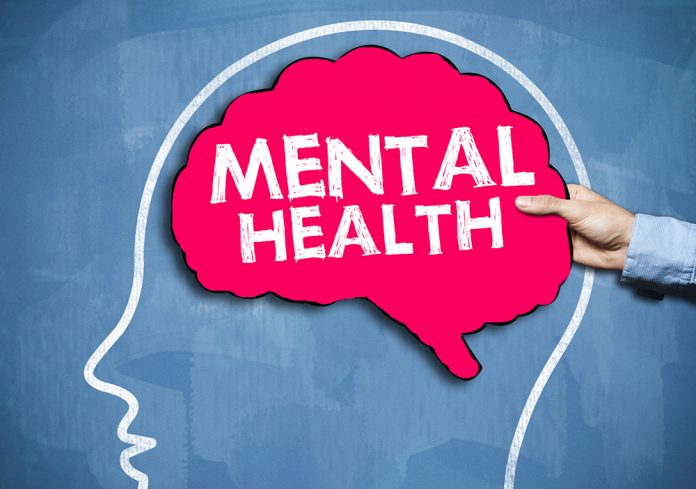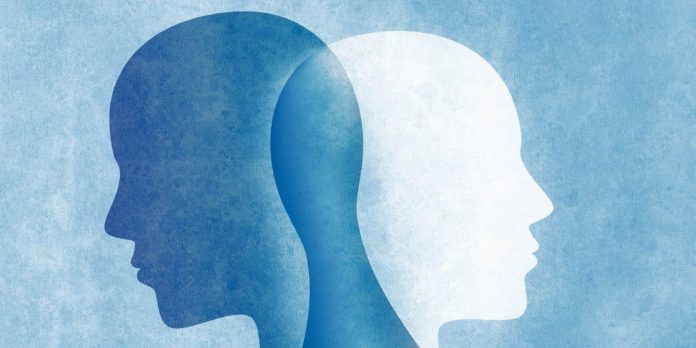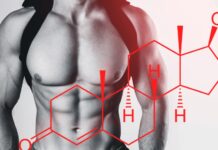Identifying dual diagnosis, or the occurrence of having both a mental illness and substance use disorder simultaneously requires insight into the genetic, environmental, and neurobiological implications that reflect an activating relationship between the two disorders. Here we discuss how doctors evaluate these factors and determine whether a dual diagnosis is present on a case-by-case basis.
Risk Factors of Comorbidities

Research examining the co-occurrence of mental health and substance use disorders has yet to discover if one causes the other or if one illness was present before the other. Researchers have theorized three likelihoods behind why both types occur together. The risk factors believed to impact dual diagnosis include genetics, stress, and traumatic experience. Should these underlying factors exist, additional behaviors may create the relational dynamic between mental illness and substance abuse. For example, if a person struggles with anxiety, they may use alcohol for temporary relief. At this stage, it may not be apparent to the user that leaning on mood-altering substances to alleviate symptoms is problematic, but as symptoms worsen, the urge to rely on these destructive behaviors will leave the person more susceptible to developing substance dependency and resulting addiction.
Self-Medication and Addiction Implications

Using substances to alleviate mental distress is self-medication. When this behavior begins, the person only engages in substance usage when feeling overwhelmed; however, the desire to use will grow if the mental distress remains untreated. This causes addiction to occur as a byproduct of increased self-medication. The final concept that explains the link is the possibility that substance use may alter the brain and increase susceptibility to mental illness. Dual diagnosis is a chicken-or-egg scenario but is nevertheless supported by research outlining the link between substance use and mental illness. If no clear pathway can be identified by the doctor as to how the two illnesses began, treatment will still commence under the framework of treating the mental distress and substance use tendencies effectively through therapy and detox.
Dual Diagnosis Treatment Centers

To treat dual diagnosis, the person needs to abstain from the substances causing harm. It may be necessary to enter into a detox program or dual diagnosis treatment center like The Edge Treatment to eliminate harmful substances from the body. Following detox, behavioral and cognitive therapy, as well as any appropriate medicine, can address the emotional causes and mental distresses linked to substance abuse tendencies. If a dual diagnosis is determined, doctors will recommend patients go to a treatment center to continue detoxing and gaining therapeutic benefits of treatment for these comorbidities. Further therapeutic treatment may be recommended by doctors concerned with a patient’s long-term commitment to abstinence from substance abuse and addiction recovery. Doctors may recommend that patients enter into a dual diagnosis treatment center at any point of their detox process. Dual diagnosis centers understand the balancing act that mental illness and substance use perform, and by participating in these programs, both sides of the equation will be addressed without oversight. Handling both ends of things is what dual diagnosis patients need to recover effectively. Dual diagnoses are opportunist situations, so the more substantially both aspects of illness are managed, the greater the person’s chances are for a lasting recovery. Leaving either end up to fate is asking for trouble.
DBT and AA Meetings

Some therapeutic modalities are universal approaches to healing, and these may be further recommended by doctors who feel that patients will need consistent aftercare to manage their urges and impulses. One therapy that is frequently recommended for continual well-being for dual diagnosis is Dialectical Behavioral Therapy (DBT). DBT was originally created by Marsha Linehan, who struggled with Borderline Personality Disorder, a mental health disorder that is frequently linked to self-medication and dual diagnosis. DBT teaches a set of skills used to tolerate, manage, and overcome emotional distress.
With the emotional factors effectively handled, urges to lean on problematic substances decrease, thus helping the person maintain stability and continue on with their recovery. Doctors may also recommend that patients go to addiction anonymous meetings to maintain the motivation and support they need to stay committed to their mental wellness and sobriety. Many of these meetings can be found in one’s local community or through online creations of such meetings. Depending on the substance use and relational dynamics involved, different meetings are more suitable for others. Caretakers and affected family members may also benefit from going to meetings through AL-Anon, as these groups share stories of what it’s like to be on the receiving end of a loved one with dual diagnosis. Maintaining adequate social support and personal accountability for dual diagnosis is the maintenance work that’s required to support a lasting recovery.
Chicken-Or-Egg Scenario and the DSM
Doctors will diagnose dual diagnosis by first attempting to determine which (if either) illness came to the surface first. Doctors request that patients undergo a detox period to examine further leftover symptoms once the detoxification process is completed. This method also rules out onsets of mental illness from a specific drug. For instance, psychedelics can bring about psychosis and schizophrenia, implying that these mental issues were not there before the drug exposure. Finding these answers helps doctors rule out whether dual diagnosis is present. The DSM is the traditional standard for diagnosing mental health issues. Specific self-reporting tests may be included as part of the criteria listed for mental health and comorbid conditions, but these participatory aspects depend on the mental conditions the doctor believes play a role in patient distress.
Treating dual diagnosis effectively requires professional understanding of the link between mental disorders and substance use disorders. Finding approximate causations can help in guiding treatment, but abstaining from substances and partaking in therapy regularly, are the best defenses against episodic reactions. If you or someone you know is struggling with mental health and substance abuse, seek help right away. The earlier you put up a fight, the faster recovery can take place, and the less severe the addiction will become for the person in limbo.









